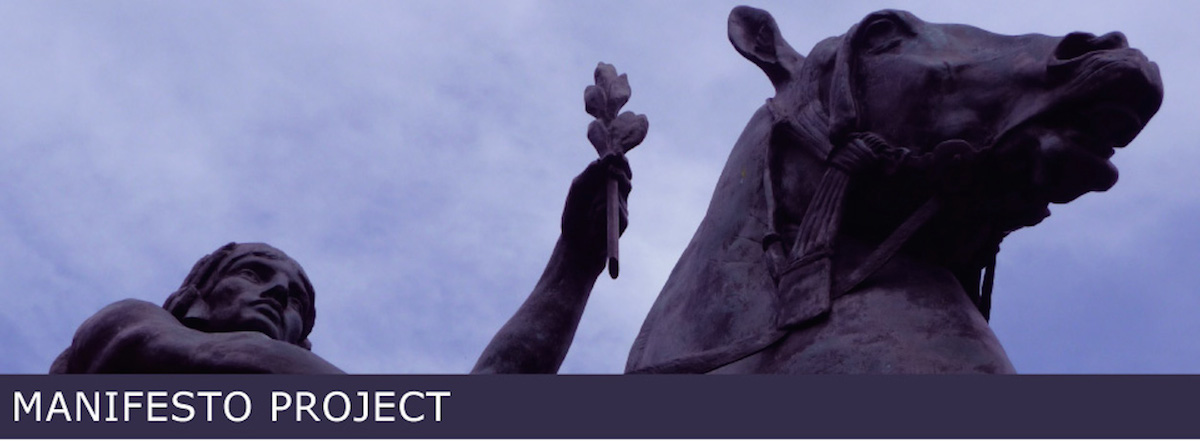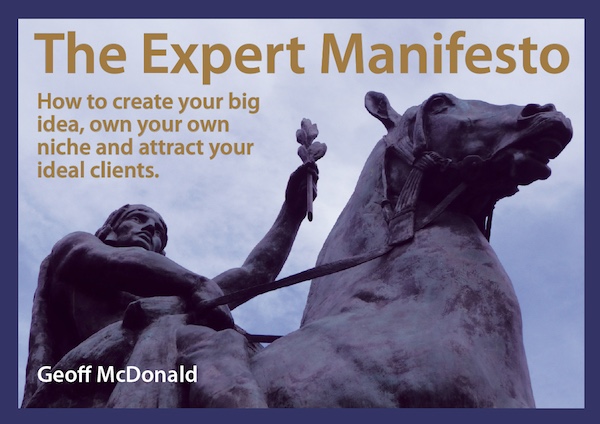Creator
Easy Jet is a low-cost British based airline with headquarters in London. It operates domestic and international services on over 1000 routes in more than 30 countries.
Purpose
Orange Spirit
Our mission has always been to make travel easy and affordable for all. When we started out over 20 years ago we challenged the status quo with the introduction of low fares. We didn’t accept the industry norms and we set about doing things differently. This ambition continues to drive us today.
But it’s not just about what we do, it’s how we do it and why we do it that shapes us as a business.
At its simplest we’re here to connect people across Europe. These days we’re not alone in doing that but we believe that by doing things in the right way and staying true to our values is good for our customers, our staff and our communities. In a nutshell we call it our Orange Spirit.
The Orange Spirit then shares charters under the following headings:
- Change for good
- Environment
- Diversity
- Innovation
- Accessibility
- Our Promise (their customer charter is shared below)

Manifesto
Customer Charter
Our promise to you
Our five priorities keep us focused but the key is to make sure we deliver all this from the heart, with passion, ensuring our orange spirit shines through in everything we do.
Safety first – we never compromise – Your safety and security is our number one priority
On your side – we see it from your point of view – We don’t assume that we know best and we make decisions with you in mind
A big smile – friendly service is our passion – You can expect a friendly, helpful and knowledgeable service from all our staff
Make it easy – at every step – We’ll make sure you know what to expect at every step of your journey
Open and upfront – we will always be straight with you – We’ll always be truthful and will keep you informed at all times
Source
https://www.easyjet.com/en/orange-spirit/our-promise
http://corporate.easyjet.com/about/our-values
https://www.easyjet.com/en/orange-spirit
Comment
There are two manifestos on this page. The first is the purpose or mission statement and the second is the customer charter. There is also a link to the company values.
Together they show what is required to deliver purpose throughout a large organisation (with over 10,000 employees) is to provide layers of manifesto in different forms. One single manifesto may not be enough.
The challenge therefore is to keep them simple and consistent. Ideally, you want your people to be able to recite them in some way – at least in intent, if not in precise detail.
The Customer Charter is an important manifesto type for customer service across any organisation.
This one is neat and short – five principles – and in simple everyday language. Each principle is then layered. For example:
Safety first = this is a clear priority
We never compromise = this is a boundary rule – in a difficult situation, this one statement tells you what is required.
Your safety and security is our number one priority – this expands on the first statement – it’s ‘your’ safety, plus ‘your’ security’ that is important.
Could you remember this to act in a crisis? I think so.
There is also an overarching guiding principle here: the orange spirit. It is important to name your charters and principles so that people can refer specifically to them.
In this case, ‘orange spirit’ is a rallying cry for how we want our people to act – in alignment with our company values AND with ‘spirit’.
More
Fader and Toms – Customer Centricity Manifesto







 Creator
Creator
